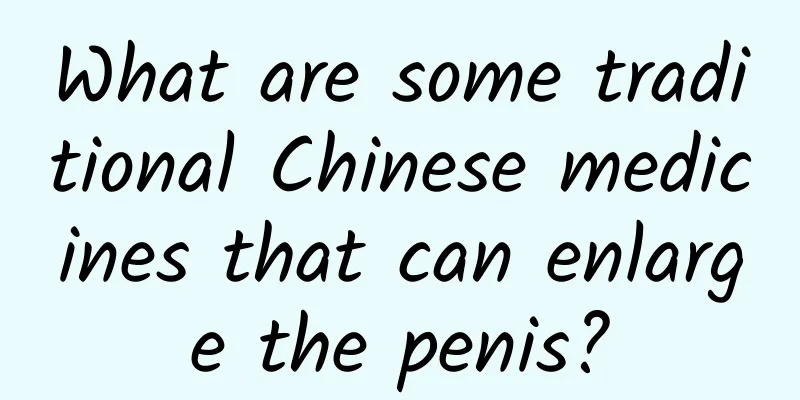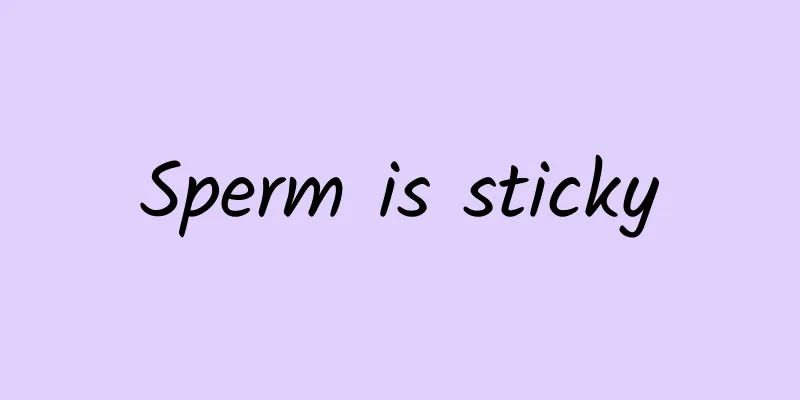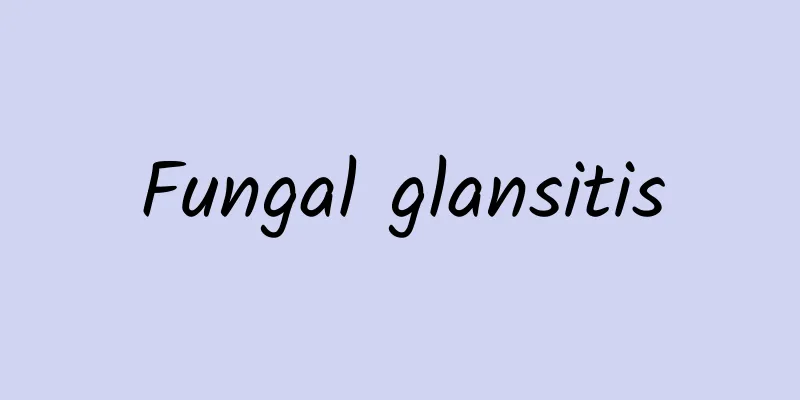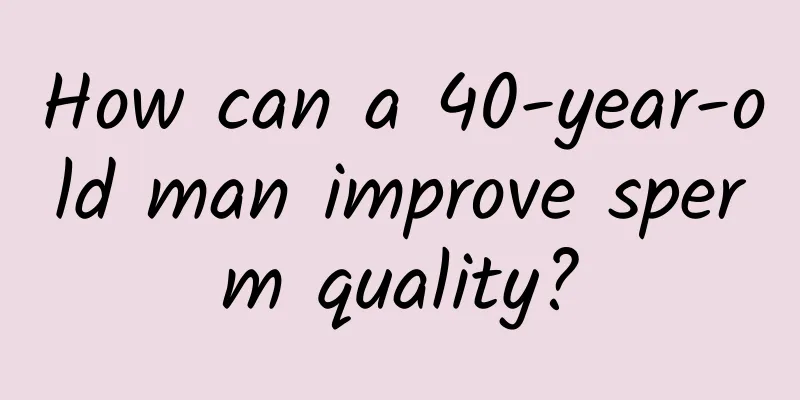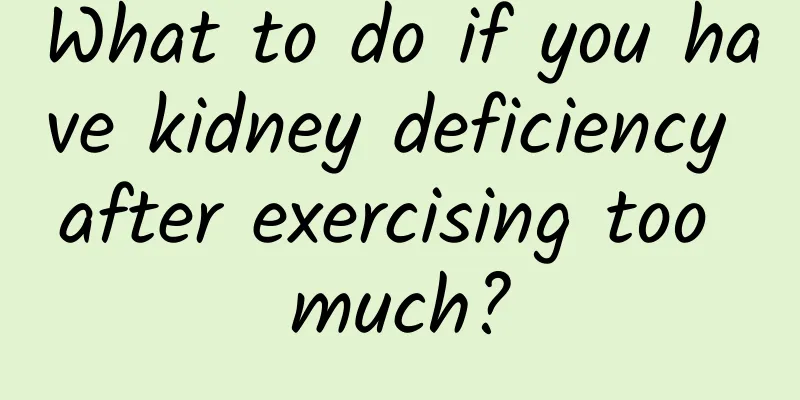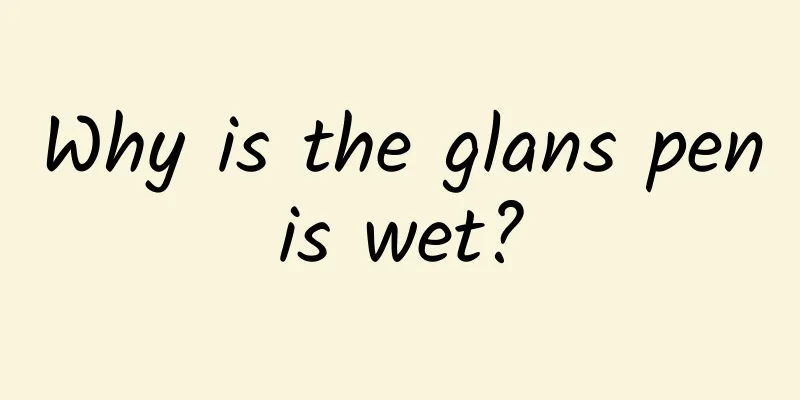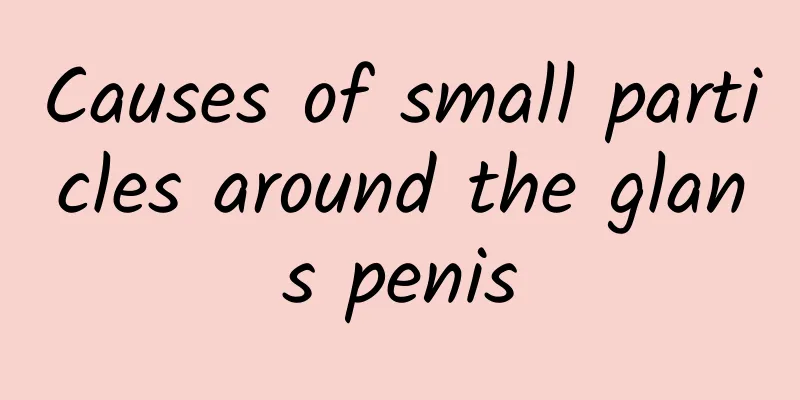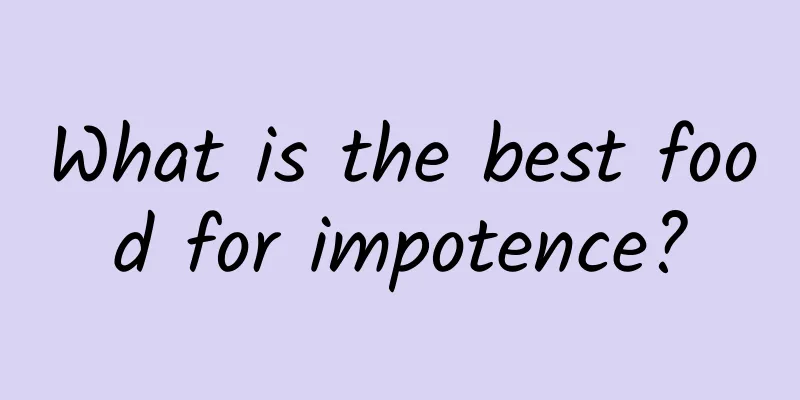Do you have these misunderstandings about Chinese medicine in treating tumors?
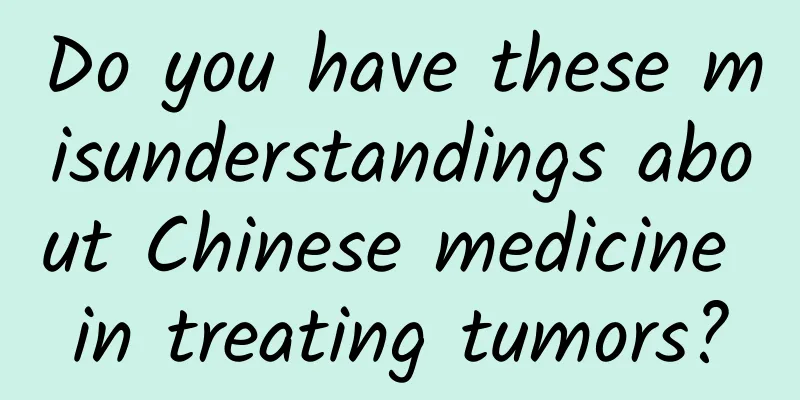
|
With the changes in lifestyle and living environment, the incidence of common diseases in life is increasing, and the incidence of cancer is getting higher and higher. Traditional Chinese medicine plays an important role in tumor treatment, but in long-term clinical practice, we have found that many patients have many misunderstandings in medication. So what are the misunderstandings? Myth 1: Using Chinese medicine for advanced tumors Many cancer patients seek Chinese medicine after multiple Western medical treatments have failed to achieve good results or even relapse and metastasis in the late stage. At this time, the patient's overall function is already very poor. Although Chinese medicine can alleviate the pain to a certain extent, it also loses the best treatment opportunity. Therefore, if you seek help from Chinese medicine in the final stage of the disease, or even regard it as the last straw, it often does not have a good therapeutic effect. In fact, in the process of treating tumors, it is best to intervene in Chinese medicine treatment as early as possible and let the patient participate throughout the whole process. For tumor patients who need surgery, Chinese medicine can improve the body's immune ability and promote the body's recovery as soon as possible; at the same time, Chinese medicine treatment can reduce the toxic and side effects of radiotherapy and chemotherapy, enhance its sensitivity, and escort radiotherapy and chemotherapy. During the recovery period, Chinese medicine should also be used continuously for conditioning. Misconception 2: A comprehensive guide to prescriptions According to Chinese medicine, the kidney is the foundation of the innate, and the spleen and stomach are the foundation of the acquired, and "once the stomach qi is defeated, all medicines are difficult to use." Now there are many so-called Chinese medicine doctors who emphasize large, comprehensive, and heavy prescriptions when treating tumors, and ignore the spleen and stomach of patients. Little do they know that this is not only unhelpful to patients, but may also bring a lot of harm to patients. The author once treated a lung cancer patient who had pleural effusion after catching a cold. He took the initiative to find a so-called famous Chinese medicine doctor to prescribe Chinese medicine. As a result, he vomited and had diarrhea, and almost fainted. When he found me, his spleen and stomach functions were completely disordered. He was told to eat porridge and light diet for several days, and then used stomach-nourishing Chinese medicine for three months before he recovered. Therefore, when Chinese medicine treats tumors, the spleen and stomach must be taken into consideration first. Moreover, not all Chinese medicine practitioners have experience in treating tumors, so patients must choose a regular oncologist with professional qualifications for Chinese medicine treatment. Myth 3: Fighting poison with poison can cure the disease Some doctors and patients believe in the treatment method of fighting poison with poison, and use a large number of toxic drugs such as scorpions and centipedes to fight cancer, which aggravates the condition. The author once treated a lung cancer patient. After regular treatment, his condition stabilized. He heard that a folk remedy could cure his disease, so he took the remedy. A month later, the patient's face turned yellow and he returned to the hospital for reexamination. It was found that his jaundice index was very high, his liver and kidney functions were seriously damaged, and there was a large amount of pleural effusion. With the development of medicine and the application of traditional Chinese medicine in tumors, people gradually found that the blind attack-oriented traditional Chinese medicine treatment method is not suitable for the treatment of tumors, but will damage the patient's positive energy. Traditional Chinese medicine treatment should emphasize people-oriented. Currently, the mainstream view of traditional Chinese medicine anti-cancer in China recommends strengthening the body's constitution so that patients can survive with tumors. Myth 4: Tonic medicine is effective in fighting cancer When it comes to strengthening the body's health, many people simply think it means taking tonic medicine, and that the more expensive the medicine, the better the effect. However, this concept is wrong. I have previously treated a patient with nasopharyngeal cancer who was undergoing radiotherapy. I heard that ginseng can fight cancer, so I asked someone to buy expensive wild ginseng from the northeast. After taking it for a while, the patient began to have nosebleeds, dry mouth and tongue every day, and lost his appetite. His body gradually became thinner. When he came to see the doctor, his tongue coating was almost black. Why did this happen? Ginseng is warm in nature, and wild ginseng is even more dry and hot. Radiotherapy patients already have heat toxicity. Taking tonic medicine at this time is like pouring oil on the fire, which will make the condition worse. Traditional Chinese medicine treatment emphasizes the properties and flavors of the herbs and their meridians as well as syndrome differentiation and treatment. Different combinations are made according to the condition and constitution of each patient. Simply taking expensive medicines may leave the enemy in the door, making the condition of patients with evidence of tumors such as blood stasis, polyps, and masses worse. Myth 5: Evaluating the efficacy of treatment by looking at the package The key to whether the treatment of tumors is effective is to see how much the tumor shrinks. Many people use this to evaluate the effectiveness of Chinese medicine. Some people even give up Chinese medicine treatment because the degree of tumor shrinkage or elimination is not as good as that of Western medicine. This understanding is wrong. Traditional Chinese medicine and Western medicine have different focuses, and the evaluation criteria for the treatment of tumors should not be the same. Traditional Chinese medicine focuses more on improving the patient's quality of life and prolonging their survival. Therefore, tumor patients and their families should not only focus on whether the mass shrinks and use this to judge the treatment effect of traditional Chinese medicine, but should consider the patient's overall condition. |
>>: What are the symptoms of perianal abscess?
Recommend
Fast weight loss method for men
Everyone should be very familiar with the topic o...
What are the methods for men to lose weight?
Many men don't like their face shape, which a...
Don't be silly! There are seven things men should pay attention to when drinking tea
When friends get together, I believe most men lik...
What kind of exercise can boys do to reduce belly fat and what should they pay attention to?
Boys who pursue perfection definitely pursue a pe...
Left polycystic kidney
Left-sided polycystic kidney disease is a type of...
Is it normal to have nocturnal emission without dreams?
Male spermatorrhea is usually accompanied by erot...
What to do if you have a headache caused by a cold? This is a good solution
Whenever people catch a cold, their headache symp...
Male abdominal pain on the right side
I don't know why recently, but I've been ...
Testicle droop is very severe
With the accelerated pace of life and increased p...
What causes itching in boys' genitals?
Men generally have more problems. When dealing wi...
What should men check before pregnancy?
In modern life, people pay more and more attentio...
What is spermatorrhea?
In daily life, many men always sweat after sperma...
What causes left testicle pain?
We all know that if there is a problem with the m...
If these symptoms occur, it means you are aging.
Phenomenon 1: Weak athletic ability Tip: If the p...
Can Chinese herbal ointment treat impotence and premature ejaculation?
Impotence and premature ejaculation are a kind of...

